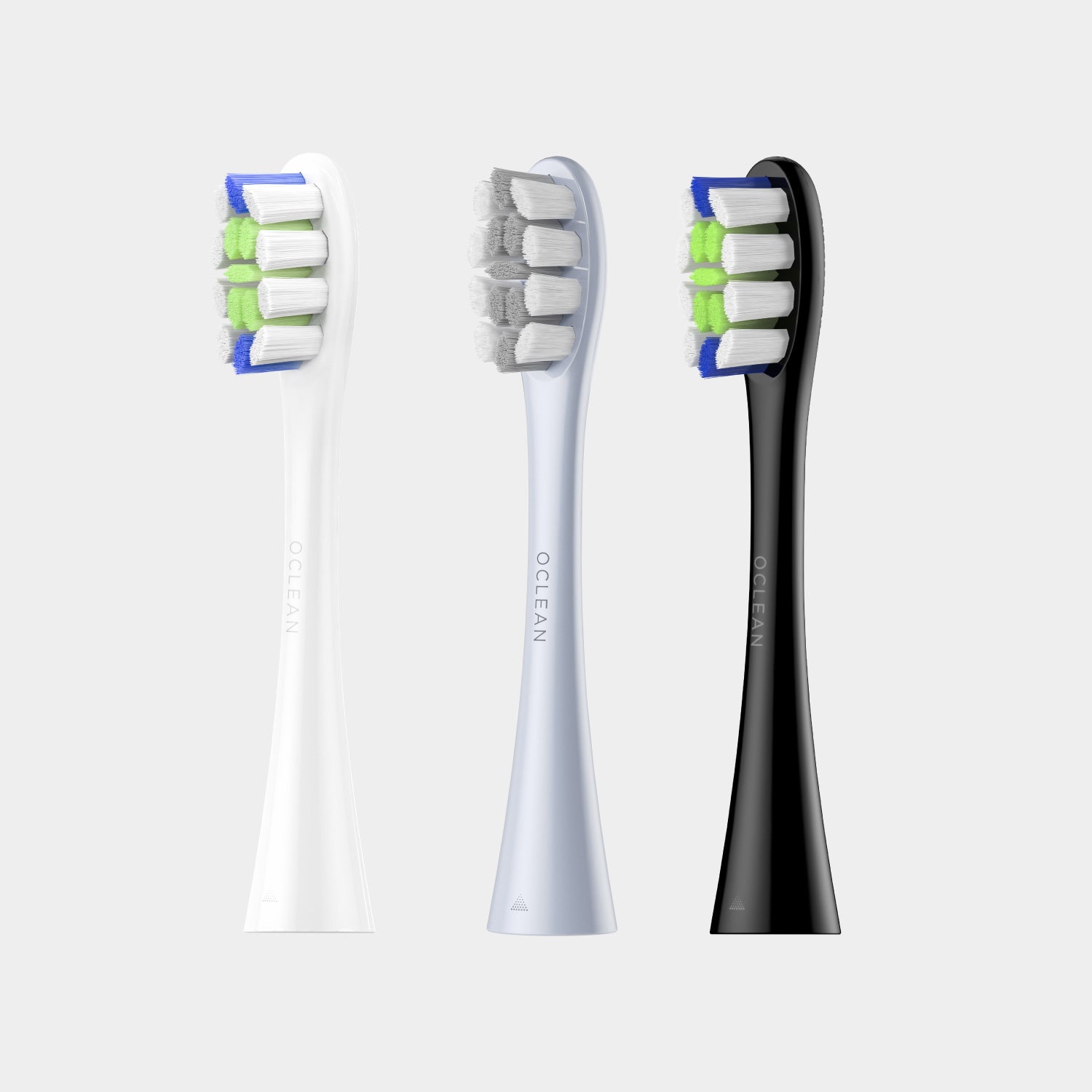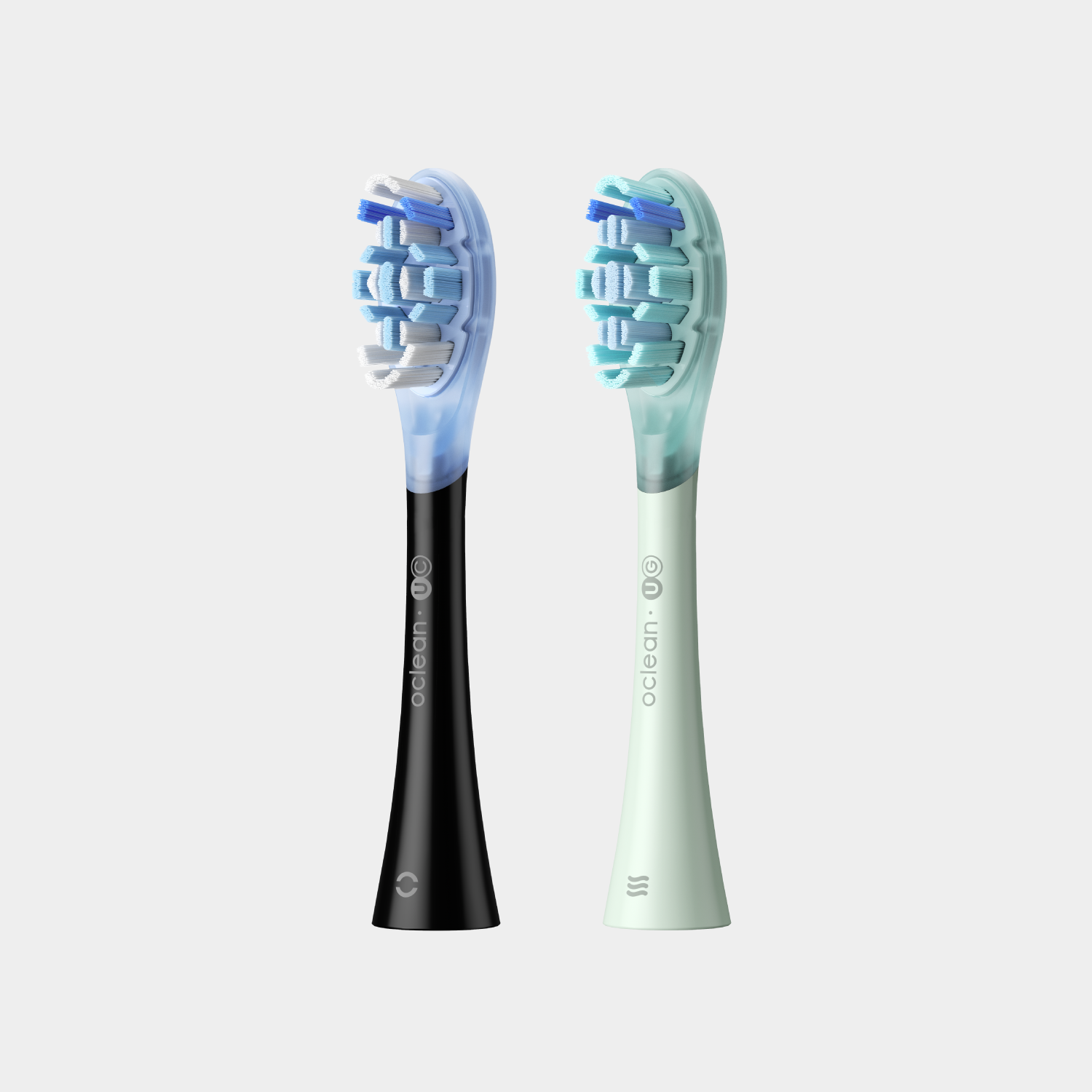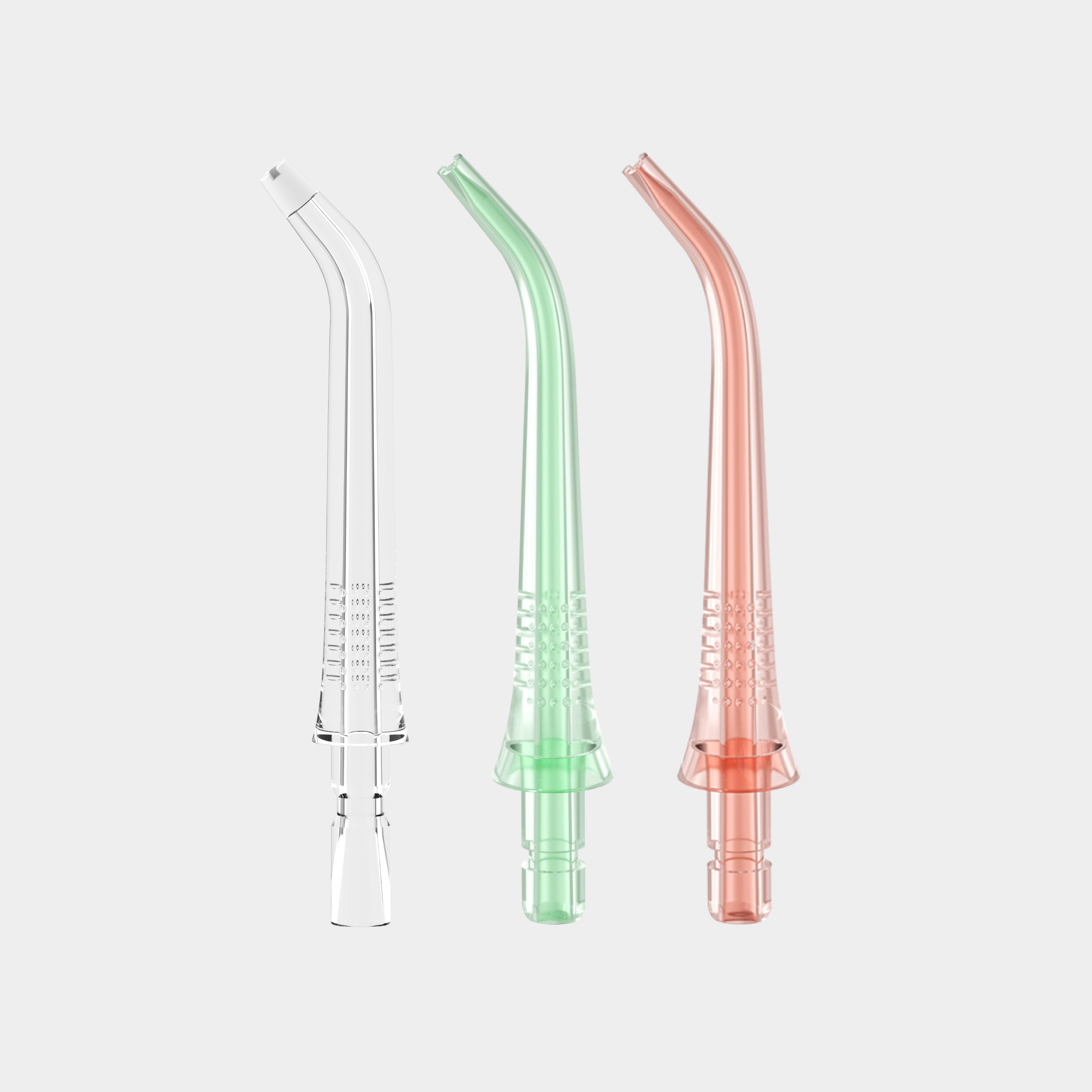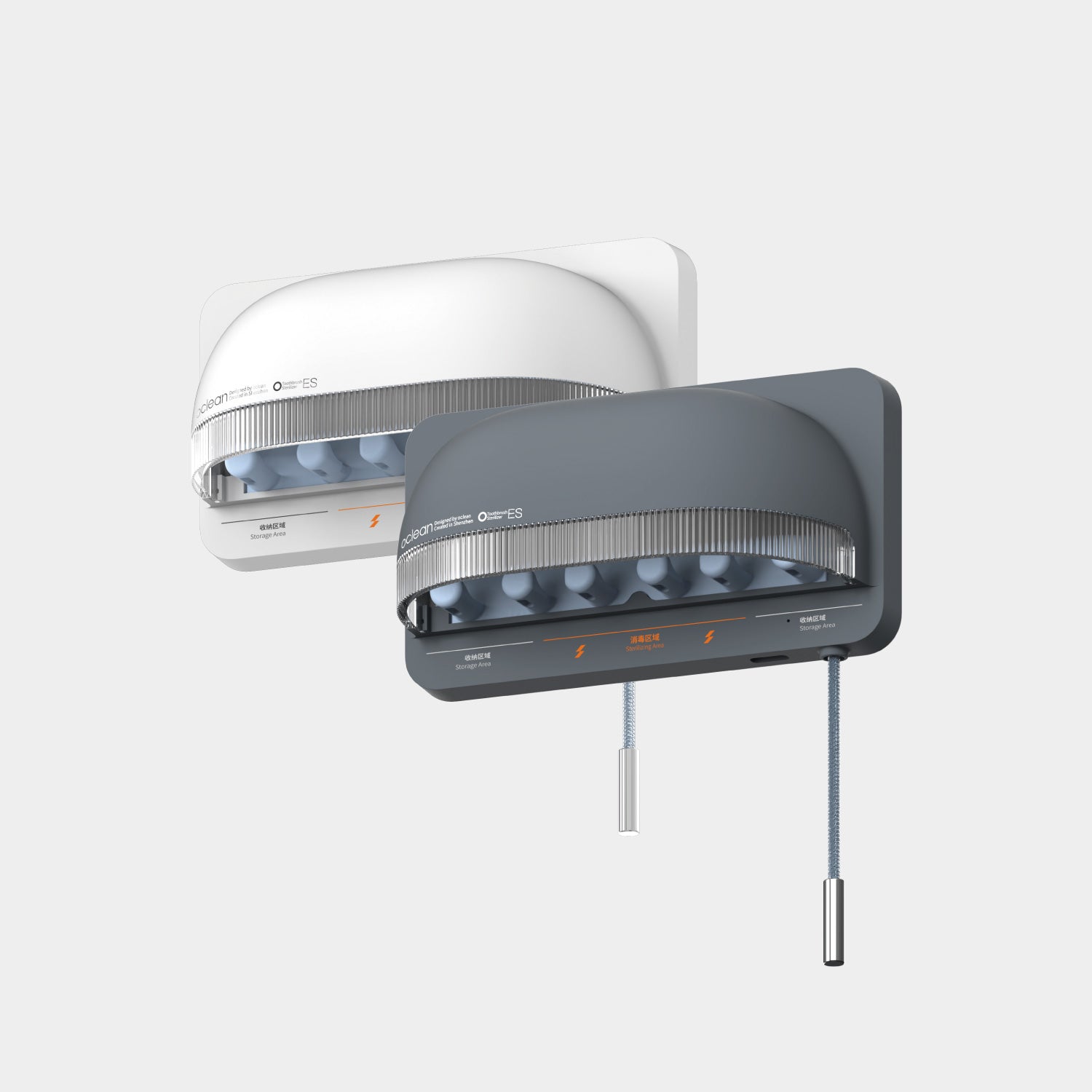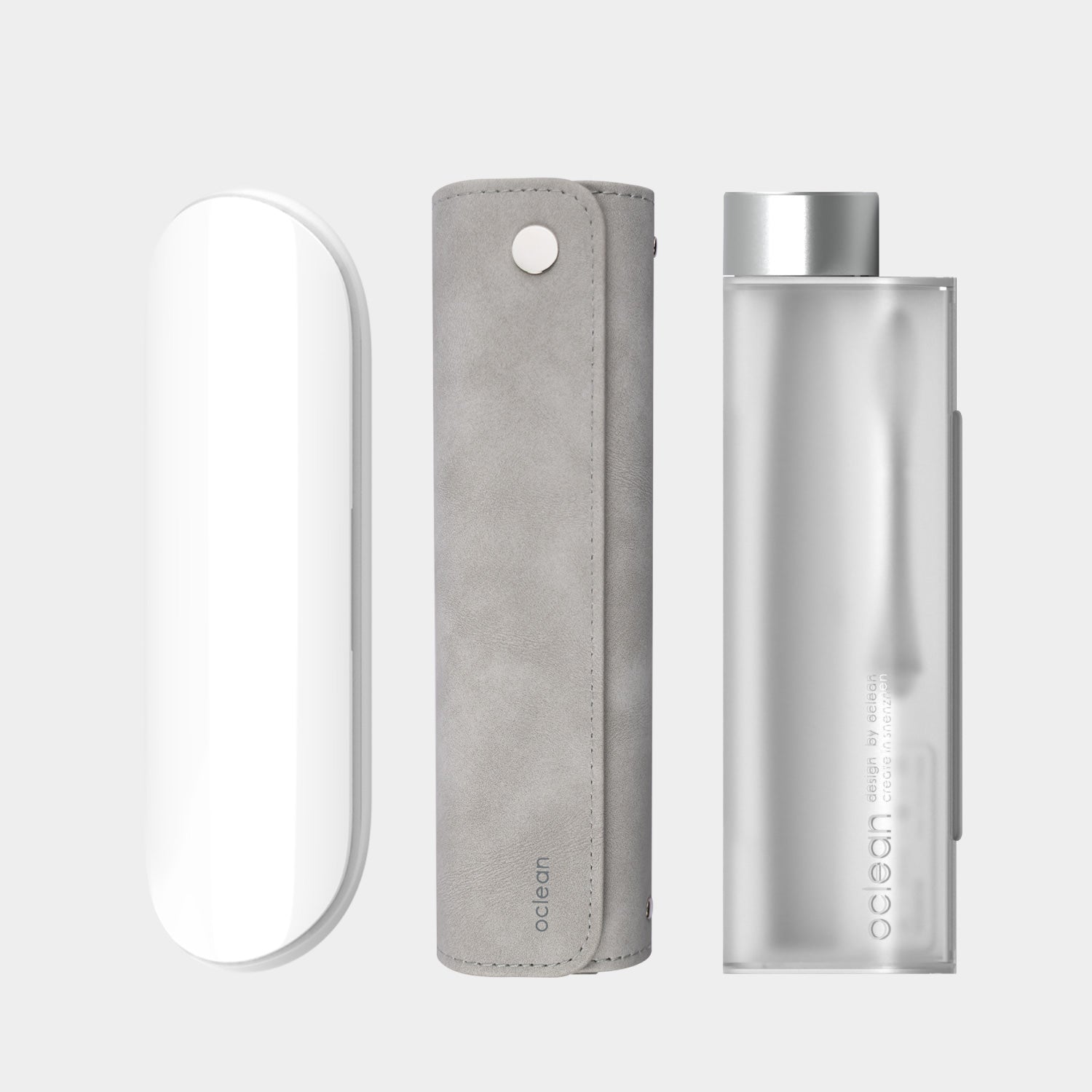All toothpaste comes with a warning "do not swallow." But, have you ever wondered why? Because toothpaste can be harmful if ingested in large quantities. This article answers your question. So, read on to find out why it is not a good idea to swallow toothpaste.
Using the Correct Amount of Toothpaste for Brushing
Did you know that the American Dental Association recommends using a pea-sized dab of toothpaste for cleaning your teeth? While many people think that using larger quantities of toothpaste translates to better cleaning, this assumption is incorrect.
Using a small amount of toothpaste also ensures that if it is accidentally swallowed or ingested, it will not cause any harmful effects. So, as long as you use the recommended amount of toothpaste while brushing with a smart toothbrush, you don't have to worry even if you accidentally swallow it.
What if a Child Swallows an Entire Toothpaste?
While ingesting small quantities will hardly cause any serious health issues, the problem arises when a child swallows an entire toothpaste. So, what are the potentially harmful ingredients in toothpaste? The most common culprit is fluoride. Fluoride is added to toothpaste to strengthen the teeth and make them resistant to tooth decay. However, ingesting large quantities of fluoride toothpaste, especially in children, can cause temporary problems such as stomach upset. In addition, in rare cases, excessive fluoride intake may lower the levels of calcium and magnesium in the body.
Other ingredients include triclosan (an antibacterial agent), sodium lauryl sulfate (foaming agent), and glycol (the element that gives an excellent, minty feeling after brushing). These ingredients can cause various health problems if ingested in large amounts, such as:
- Convulsions
- Gastric issues like diarrhea, vomiting, or nausea
- Drooling
- Tremors
- Generalized weakness
- Altered mental status
What to do if Someone Swallows Toothpaste?
According to the National Library of Medicine, swallowing toothpaste can have more severe effects in children than in adults. While parents' first instinct would be to make their child vomit - remove the harmful ingredients from the body - it is not advisable. Instead, give your child water or milk - only if they are not having symptoms such as vomiting or convulsions. In the meantime, call your dentist or healthcare physician for advice. You may have to take your child to an emergency room if they have an altered mental status.
In short, accidental swallowing of toothpaste is not harmful if ingested in small quantities. However, more significant amounts are potentially dangerous, especially in children. Therefore, parents must keep toothpaste out of their children's reach and supervise their brushing until they are old enough to brush themselves.
*Cover image from Freepik@Racool_studio, we will delete it if constitutes infringement *
Related Readings:
Can You Bring an Electric Toothbrush on a Plane
How Many Calories Are in Toothpaste
Sonic Toothbrush vs Rotating(Oscillating) Toothbrush
Are Charcoal Toothbrushes Safe






















































